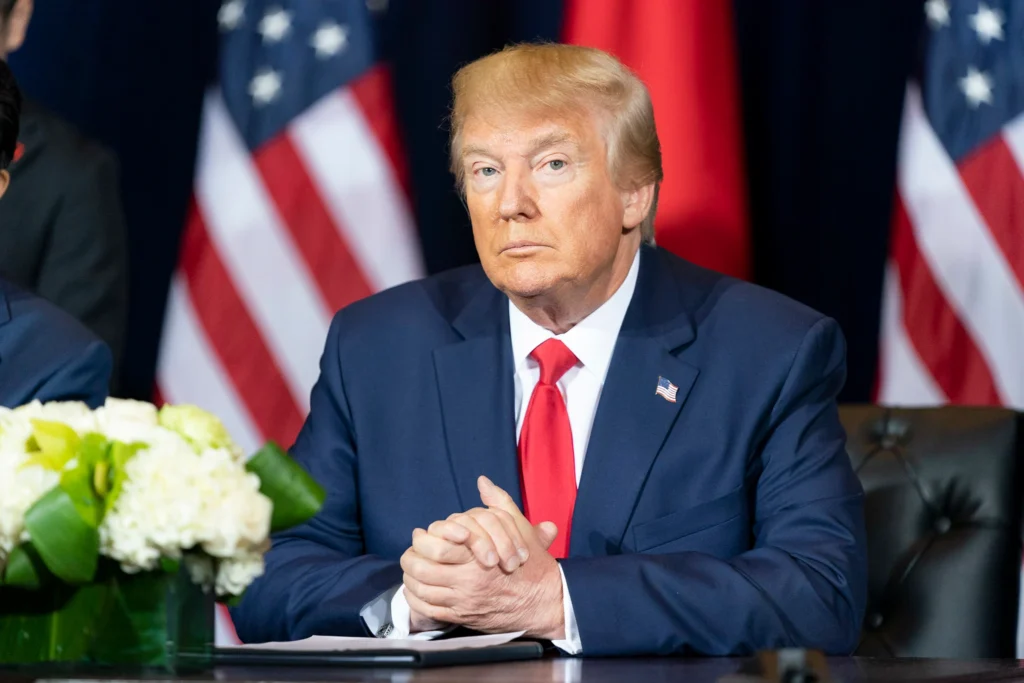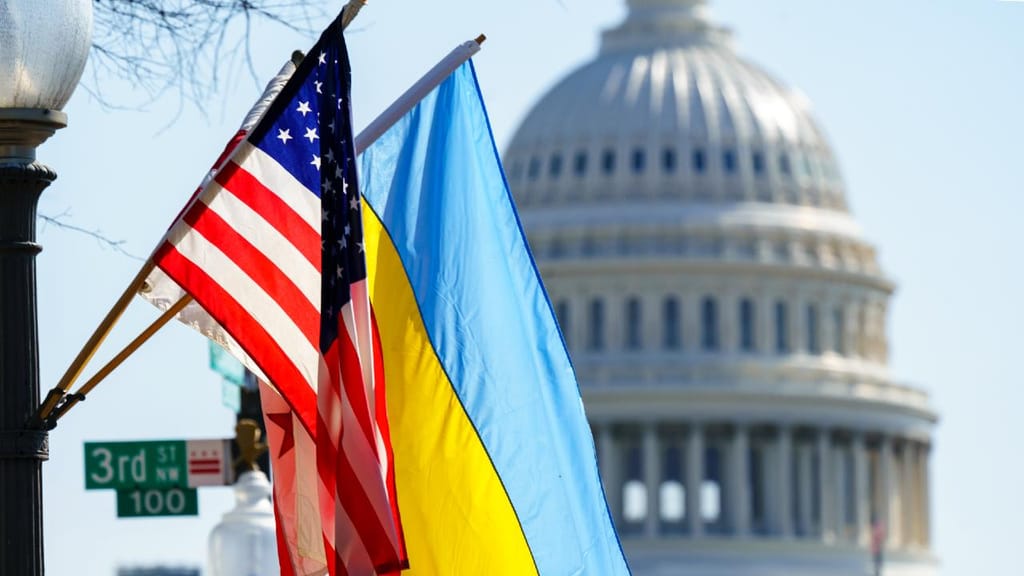Two close advisers to Donald Trump have introduced a comprehensive plan to the Republican nominee, aiming to resolve the ongoing conflict between Russia and Ukraine if he wins the upcoming presidential elections. The central aspect of this proposal is to make Ukraine understand that further US weapon assistance hinges on their active involvement in peace talks with Russia.
Simultaneously, they intend to caution Moscow that a refusal to engage in negotiations will lead to escalated US support for Ukraine, according to retired Lieutenant General Keith Kellogg, one of Trump’s key national security advisers. The plan, created by Kellogg and Fred Fleitz, reflects intricate details, including a specified ceasefire along current battle lines during negotiations.
Upon presenting their strategy to Trump, the Republican candidate responded positively, indicating openness to their suggestions. Although not committing to every detail, Trump’s favorable feedback suggests a potential willingness to consider their approach. It’s worth noting that official statements should only come from Trump or his authorized campaign representatives, as mentioned by spokesperson Steven Cheung.

This proposal, considered the most intricate from Trump’s inner circle, presents a potential shift in US strategy concerning the conflict, eliciting mixed opinions from European allies and within Trump’s Republican Party. While Kremlin’s openness to negotiations remains evident, the plan’s effectiveness would rely on its adaptation to ground reality, emphasizing the importance of detailed considerations, as highlighted by Kremlin spokesperson Dmitry Peskov.
Ukrainian officials have expressed reservations about freezing hostilities at existing front lines, citing Russia’s previous violations of international law. President Zelensky’s peace formula underscores the necessity for fair and legally sound resolutions. In contrast, the Biden administration respects Ukraine’s autonomy in decision-making regarding negotiations with Russia, as stated by the White House National Security Council.
Key elements of Trump allies’ strategy, documented by the “America First Policy Institute,” stress the urgency of bringing both Russia and Ukraine to the negotiation table promptly. Emphasizing Ukraine’s role in peace talks while leveraging potential consequences in case of non-involvement aims to compel both parties towards a diplomatic settlement.

The plan acknowledges Russia’s invasion of Ukraine in 2022, underscoring the need for substantial security guarantees for Ukraine and potentially substantial military support. Suggestions to postpone Ukraine’s NATO membership aim to ease tensions and encourage Moscow’s participation in negotiations. However, concerns have been raised regarding the potential advantage the plan might grant Russia during negotiations, emphasizing the importance of strategic consideration.
As the election approaches, contrasting views on aid allocation to Ukraine surface, reflecting the complexity and sensitivity surrounding the conflict. Notably, recent discussions on territorial concessions and NATO aspirations add layers of complexity to diplomatic efforts. Biden’s consistent support for Ukraine and its NATO accession contrasts with Trump’s skepticism, setting the stage for strategic shifts depending on the election outcome.
In summary, the Trump allies’ proposal presents a detailed and nuanced approach to resolving the Russia-Ukraine conflict, emphasizing diplomatic negotiations, leveraging military support, and navigating complex geopolitical dynamics. While signaling a potential shift in US strategy, the plan also underscores the intricate challenges and considerations involved in seeking peace in the region.



